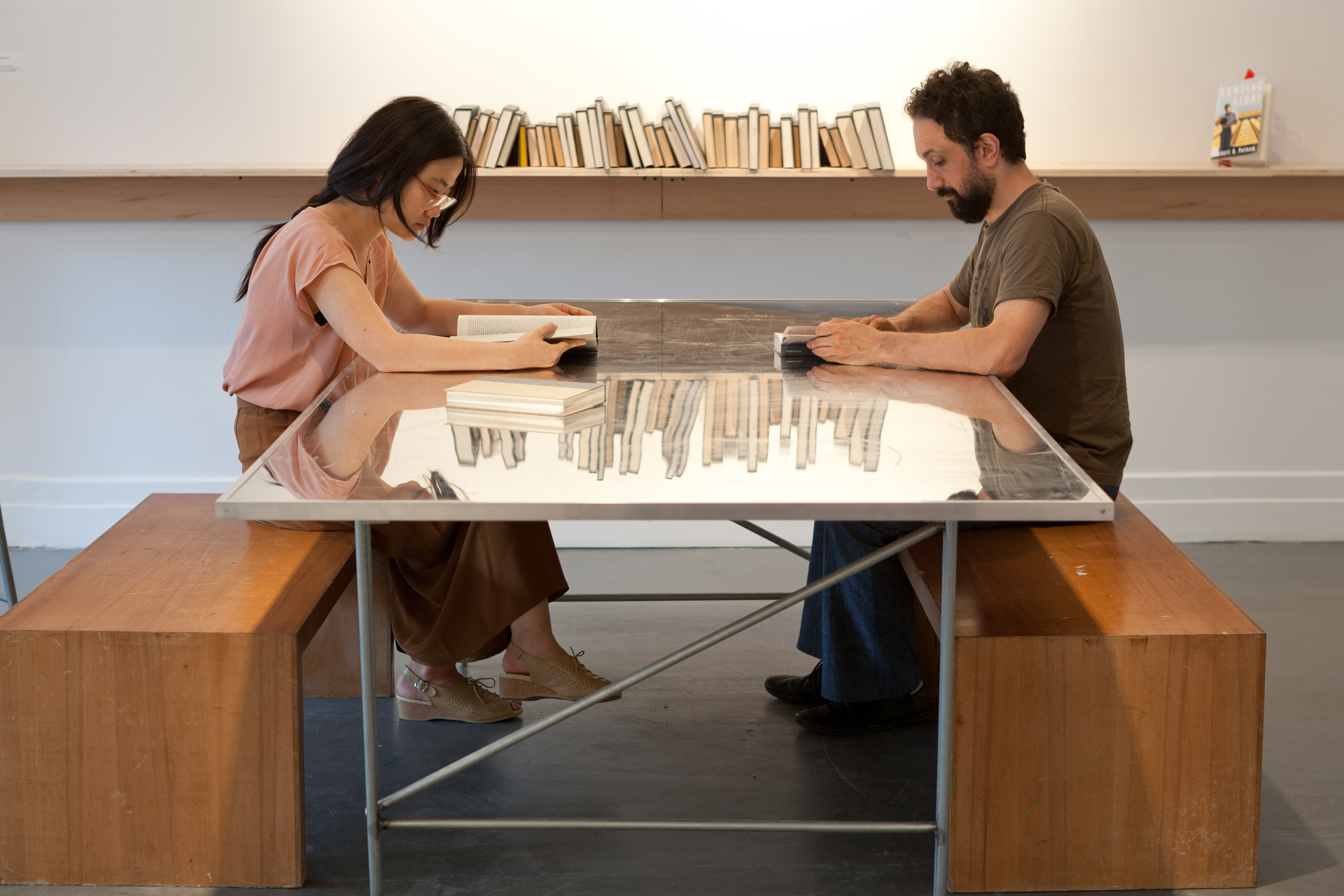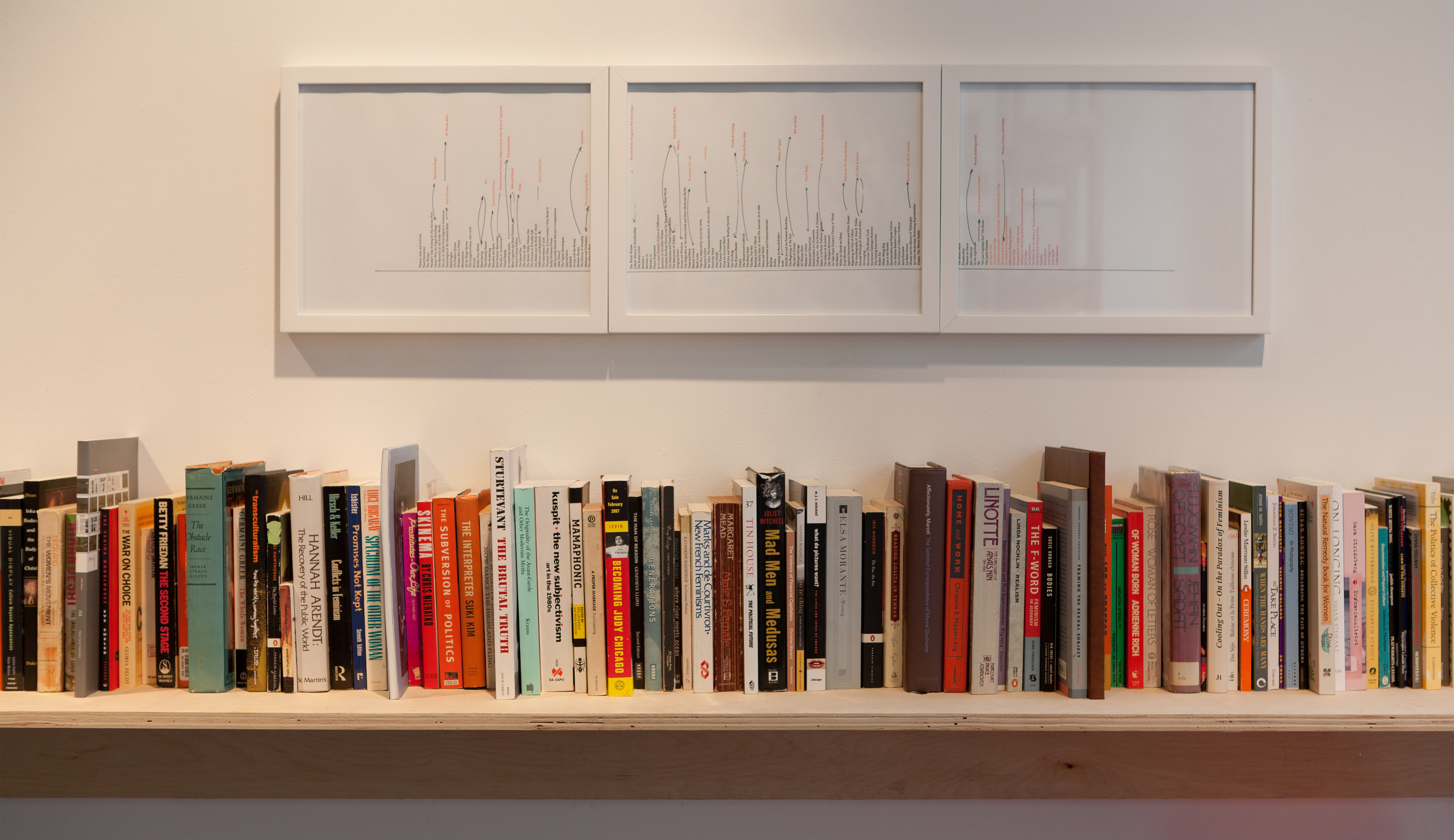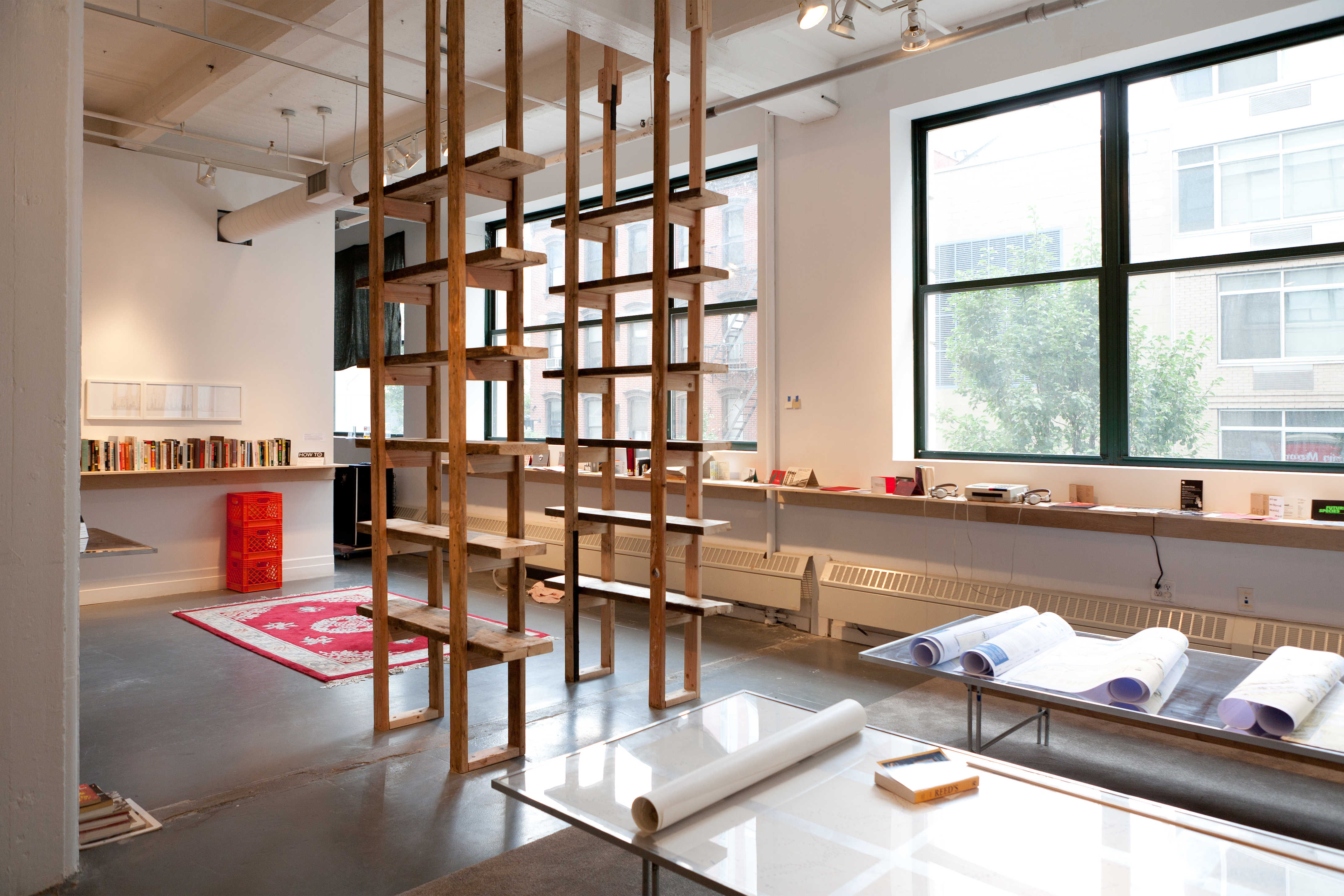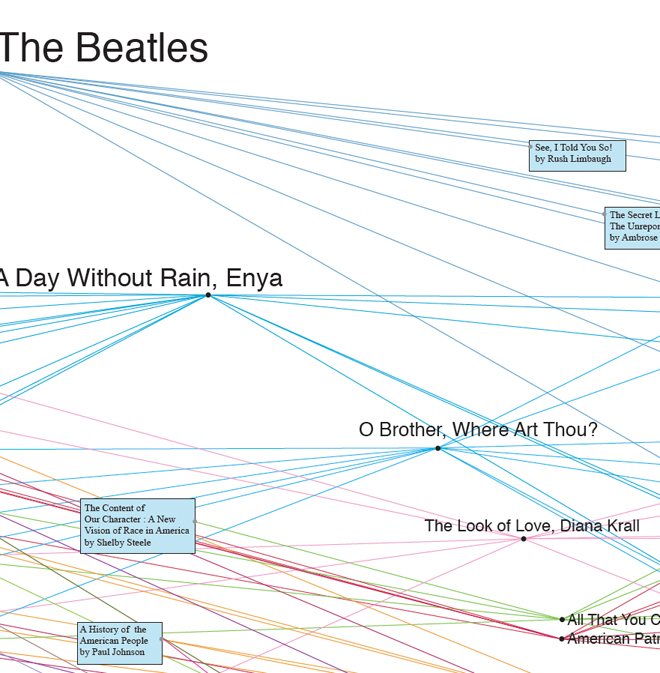The bricks have arrived for our new show!
Gladly Will I Sell
For Profit,
Dear Merchants of the Town,
My Hat
Laden With Snow
by
Aeron Bergman and Alejandra Salinas
Come to the opening reception September 8, 6-9PM to see how it all turns out!
And witness an opening performance by ikebana master Lily Pu
The bricks will be helped in finding their place: layout of the exhibition completed in consultation with New York-based internationally renowned feng-shui master Pun Yin.
More details: http://dumboartscenter.org/exhibitions_upcoming.htm
Thursday, August 25, 2011
Saturday, August 20, 2011
video_dumbo Kickstarter project now online
This year video_dumbo, the annual festival of contemporary video art, is on Kickstarter.
Over the past five years we have always made sure to present this volunteer-produced event to the public free of charge. The festival's funding is unfortunately not secure this year, but we're committed to keeping it free! Be a part of this amazing program of local and international video art selections by contributing now.
Highlights this year include work by Leslie Thornton, Aram Bartholl, Ernesto Klar, Carolien Teunisse + Bram Snijders, Ali Miharbi, Naho Taorishi and Andy Graydon.
Learn more on the Kickstarter page.
Saturday, August 13, 2011
Reflect and Represent: An Interview with Annie Shaw, artist and organizer of (The Missing Library)

In its final weekend, (The Missing Library) organizer and artist, Annie Shaw, sat down with our intern Katie to talk about the show, the Dumbo Library, and what a bookshelf says about a its owner(s).
Katie: Where did the idea for (The Missing Library) come from? Were you approached to do a show or was the library theme something you pursued on your own?
Annie: I was invited by [Dumbo Arts Center Director] Karl Erickson. Karl knows quite a bit about my history and had given me full support to do anything I wanted. That said, I think we both understood my interests would be something about engaging the community.
I was very much inspired by his inaugural speech [as Director of Dumbo Arts Center]. When he started his position at the gallery, he talked about how he wanted to see Dumbo Arts Center become a community center for the residents of Dumbo. When he invited me to do the show, I took that idea very literally and thought about what it would mean to create that community space.
I also had in mind the artists I wanted to work with and have conversations with throughout the show. And as we started talking, all of them had been developing information-based work. From Marie’s Tideshow, to Angie’s Unknown Unknowns or Michelle’s alphabet project. I also wanted to invite Jen and Liz to do something related to their series of feminist reading group events. Eventually, I started to think about what it would mean to develop a library featuring their work. Through research, I learned that, in Dumbo, there have been attempts at building both community centers and libraries. But both of these failed because of financial constraints or real estate issues. That actually further convinced me that (The Missing Library) would be an interesting thing to work on.

K: What were your initial goals going into the show, if any?
A: I wanted to see if it was possible to engage with Dumbo residents. Also, because it’s a summer show, I wanted to take advantage of this time of year and use it to create a different atmosphere. How this would be done was quite abstract in the beginning. I also wanted to get to know more about the artists, and this created a formal platform for me to learn about their work.
I think also, my concern was that my time was limited. For any genuine social engagement [to happen] it requires a much slower, longer time and more consistency than four months preparation and an 8 week show can offer.


Q: Now in it’s final weekend, do you think (The Missing Library) was able to achieve these goals?
A: I certainly feel like I did get to know the artists’ work and the artists got to know each other’s work more. It was nice to get to know each other in this intimate way. I know that it’s not easy for the artists to show their work in such a contextualized setting. I would like to acknowledge that they have made many leaps of faith throughout the process. Not just faith in their own work but in each other’s work and also in my role [as artist and organizer], which can be blurry.
As far as engaging with the Dumbo community, some aspects were different than expected but I think this is a nice beginning. To be honest, at first I wasn’t sure if (The Missing Library) could even be a beginning. But I do come out of this experience feeling that this show was able to bring Dumbo Arts Center, and its new location, to the neighborhood in a new way. And it seemed, at least to me, that a few community members got more and more interested in (The Missing Library) and the center throughout the show, so that I feel very happy about.
Tuesday, August 2, 2011
Interview with "Missing Library" Participating Artist Angie Waller
Elmer the Intern has some questions for Angie Waller
Angie Waller: I don't think my project is drastically different from the idea of a library, in a sense it is conforming with that expectation. One characteristic of a library is it is a place where books are not marketed, they are categorized by subject and are often missing their graphic dust jackets. I was more interested in finding similarities in how a library groups books and how we collect information when we are online. In both scenarios, we often are reading text in a democratized context, often discovered through searching. That is an ideal of both the library and Internet scenario although it can be argued that is not always the case.
AW: I have been investigating ways to represent the things I do not know I do not know. In applying this theme to a library context, I thought it would be interesting to find a physical way to represent the intangible by grouping books with the word "unknown" in the title. I am not sure what effect this has had on the Dumbo community. I don't imagine the books have engaged many readers but hopefully they have enjoyed the surprise in discovering the multiple genres of books that deal with "unknowns." I will be presenting a more interactive element to this theme on Aug. 4 where I will have game contestants guess the questions people ask Internet search engines. In a sense we will be discussing the topics unknown to others and possibly ourselves.
AW: I am not sure what impact they have, they are not theorists I am consciously thinking about at this time. I usually follow my intuitions and am excited to discover when authors such as Eco and Baudrillard have said something that I feel resonates with something I am thinking. I realized in grad school that I am paralyzed if I reverse this equation.
Q: Data Mining the Amazon seems to make the same sort of social inversion as Unknown Unknowns. Instead of an individual creating a cyber identity through internet output, Data Mining the Amazon seems to provide a prescriptive snapshot of the American liberal or conservative par excellence. Has this two-way interaction between online environments and identities had a profound impact on your creative process over the past few years? Additionally, have you found that this interaction has changed in itself as technology progresses? Do you think this phenomenon is unique to online interactions, or do you think that other spaces, some physical, such as a library for instance, can lead on to both influence and be influenced depending on the structure of the environment?
AW: I don't think my subjects are limited to online environments. I like to think that my areas of inquiry are interesting in a long term period not reliant on an internet fad, but perhaps the online environment inspired the way I process the information I collect and the information I have access to. I think physical spaces are permeable to this influence as well.
Q: The Topless Temps project is both provocative and hilarious, illustrating many poignant social issues while also being a very entertaining concept. But you say that you actually got some earnest responses to the service. Two part question: was getting legitimate responses part of your intention when creating the project, and what was your interaction like with the individuals who would be interested in this service?
AW: The piece was made to relieve some of the anxiety I felt being an office temp. I was not interested in legitimate responses. Honestly, I don't know that I thought that far ahead at the time. I did receive one response from an interested customer. I remember he had an aol email address and I had already decided aol members were trouble based on my experience as a web designer. They were usually someone's mom or dad and not very computer savvy. I didn't respond to the email. My only regret is not keeping the domain name toplesstemps.com, that was gold.
_______________
Many thanks to Angie Waller for taking the time to answer these questions! Make sure you check out the rest of her work at www.angiewaller.com.
And if you haven't already, be sure to check out The Missing Library, organized by Annie Shaw, with participants Jen Kennedy, Liz Linden, Marie Lorenz, Michelle Rosenberg and Angie Waller.
-Elmer
Subscribe to:
Posts (Atom)





